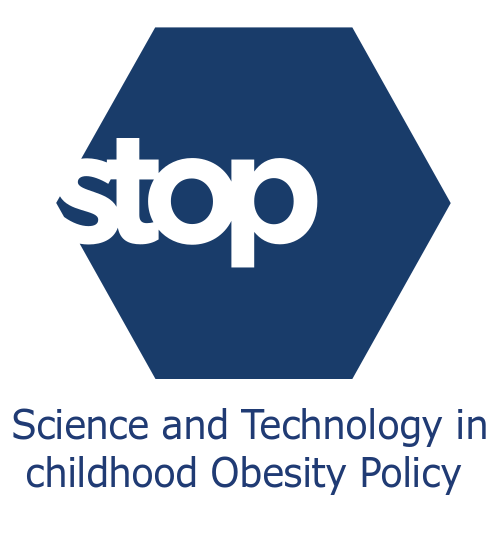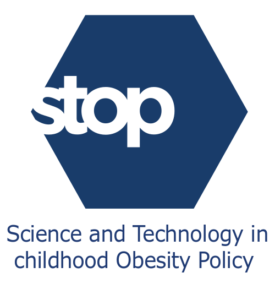 Childhood obesity is a serious public health challenge with health repercussions during adulthood. It results from the interaction between genetic, lifestyle, obesogenic environments and social determinants. Studying the molecular pathways that lead from external exposures and behaviours to obesity can provide useful tools for preventive action.
Childhood obesity is a serious public health challenge with health repercussions during adulthood. It results from the interaction between genetic, lifestyle, obesogenic environments and social determinants. Studying the molecular pathways that lead from external exposures and behaviours to obesity can provide useful tools for preventive action.
We performed three types of tests based on blood samples: the measurement of a set of proteins, the measurement of thousands of metabolites and the measurement of methylation of DNA, a biological process that allows to quantify the degree of activation of genes. We also explored early outcomes from the tortuosity of retinal blood vessels.
 We identified two proteins with the strongest associations with childhood obesity: PCK2 and NFIX. The variation of one of these is associated with children’s socio-economic status, and this can help elucidate one important determinant of obesity: social disparities. Proteins allowed us to identify inflammation as an important feature of obesity. While already associated with adult obesity, our research suggests it also plays a role in childhood obesity.
We identified two proteins with the strongest associations with childhood obesity: PCK2 and NFIX. The variation of one of these is associated with children’s socio-economic status, and this can help elucidate one important determinant of obesity: social disparities. Proteins allowed us to identify inflammation as an important feature of obesity. While already associated with adult obesity, our research suggests it also plays a role in childhood obesity.
While the study of metabolomics is ongoing, it will provide helpful insight to design better foods, with lower obesogenic impact, and to monitor the effectiveness of dietary changes in children. Obesity impacts on metabolic and inflammatory changes early on, which has health consequences in adulthood.

